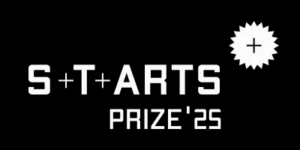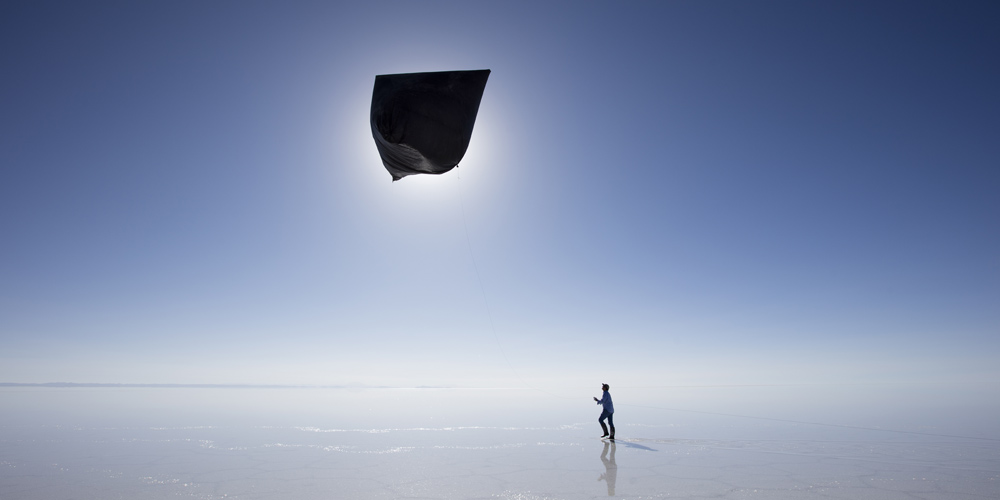Nomination
Aerocene is a multi-disciplinary project that proposes a new epoch. In the wake of the debates on the Anthropocene, the project foregrounds the artistic and scientific exploration of environmental issues, and promotes common links between social, mental, and physical ecologies. A synthesis of art, technology, and environmental awareness, Aerocene embodies a vision for fuel- and emissions-free travelling and living in the atmosphere.
Developed by the Aerocene Foundation, Aerocene manifests in the testing and development of solar sculptures that float without any need of fuel or gas, just capturing the heat of the sun and the infrared radiation of the earth’s surface.
The Aerocene Foundation–initiated by artist Tomás Saraceno–is a non-profit organisation devoted to community building, scientific research, artistic experience, and education. The Foundation works with artists, thinkers, scientists, researchers, balloonists, technologists, humanitarian workers, influencers, and visionaries to increase public awareness of global resource circulation, and reactivate a common imaginary towards new symbiotic relationships with the earth.
Credits
Aerocene is an open-source, multi-disciplinary project developing new technologies and solutions for aerosolar travel and living, with support from multiple partners and collaborators around the world. The Aerocene project’s primary partners are the Center for Art, Science & Technology (CAST) at the Massachusetts Institute of Technology (MIT), CNES (French National Space Agency), CCK Argentina, Public Lab, Imperial College London, The Natural History Museum (London), The Royal College of Art, The Goethe Institute, Radioamateur, Freifunk, and IAK architecture-related Art Institute at Technische Universität Braunschweig.
Tomás Saraceno’s (AR) oeuvre can be seen as ongoing research, informed by the worlds of art, architecture, natural sciences, astrophysics, and engineering. His floating sculptures, community projects, and interactive installations propose and explore new, sustainable ways of inhabiting and sensing the environment. In 2015, Saraceno achieved the world record for the first certified solar manned flight. He was the first person to scan and reconstruct spiders’ complex weaved habitats, and holds the only three-dimensional spider web collection in existence. Saraceno lectures in institutions worldwide. He lives and works in and beyond the planet Earth.



